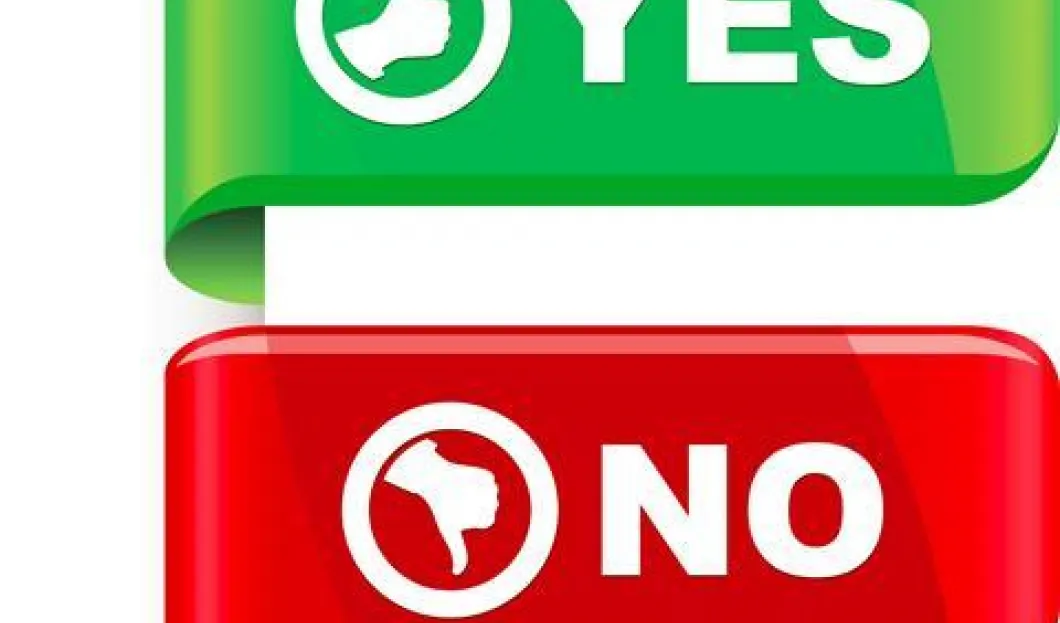
The economic uncertainty Greece fell into after the May 6th elections has spurred a 50 percent drop in the country's vacation bookings. This is according to the association of Greek tourism enterprises (SETE) director general George Drakopoulos.
AFP notes that, attractive offers made by Greek hotels has achieved little in pushing up the number of bookings as potential tourists are concerned about personal safety over affordability.
The situation is a turnaround of events compared to 2011 profitable tourism season that saw Greece benefit from the political unrests in North Africa. Many took advantage of lucrative hotel offers to run from the Northern African chaos.
SETE adds that tourism accounts for 15.7 percent of Greeks' economic output and is direct and indirect source of employment to 768,000 individuals.
Panagiotis Moriatis who is the president of the association comprising of proprietors of the Nafplion resort near the Mycenae Bronze Age site anticipates a 15 percent drop in business. Moriatis blames foreign media on focusing on negative aspects of the country such as economic turbulences while forgetting to highlight positive social and economic situations. The associations' president asserts that the country's overall tourism sector has experienced 20 to 30 percent decline since the start of 2012.
Anti-German Response Dipping Vacation Bookings
According to professionals in the tourism industry, German tourists are avoiding the tourism offers for fear of violent confrontations in Greece. This is because German Chancellor Angela Merkel is blamed for austerity measures Greeks have to contend with to obtain aid from intentional lending institutions.
Recent demonstration in Athens where Greeks carried placards portraying Markel as a Nazi and setting German flags ablaze made shocking headlines, especially in Germany.
Thomas Cook director Michael Tenzer revealed to the Euro am Sonntag newspaper that the summer tourism season slipped by 30 percent in comparison to last year's figures. Tenzer further states that the demonstrations deter tourists despite peace in the region's tourism havens such as Rhodes and Crete. The situation forced the industry's leader TUI to drop its Greek vacation prices by 10 percent at the turn of the season.
The March International Tourism Fair held in Berlin brought about an upturn in demand that was soon reversed by a fresh spark of political and economic dispute between Greece and Germany. Anja Braun who is Greek's election spokeswoman told SPIEGEL ONLINE that the dispute revolves round calls for Greece to give up its Euro zone membership.
The German Travel Association on the other hand notes that the tourism figures of 2.5 million achieved in 2011 will bear a slight difference to this year's. This is despite experiencing a decline in French bookings by 30 percent as well. Tour Operators however report a steady trend in bookings from Italy, Austria and Britain.
Munich University of Applied Sciences professor Peter Voigt notes that bringing back Drachma can be beneficial to tourists owing to the Greek's currency's weak position against the Euro.
Holidaymakers might nonetheless find it difficult should inflation rates take an upward turn. This could be reminiscent of Argentina where a cup of coffee sold for US$ 15, a decade ago owing to internal crisis.










